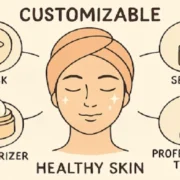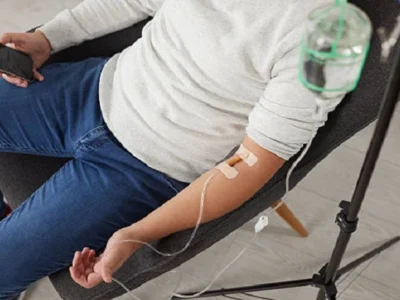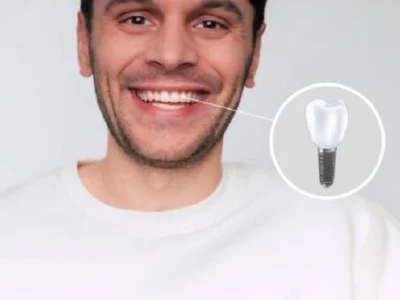You might’ve often heard of ADHD, especially in the case of children who are very high maintenance.
But is that all to this Disorder?
In our society, ADHD is commonly viewed through a narrow window where its symptoms are considered to be hyperactivity, inattention and impulsivity.
However, this mental health disorder is much more complex than that.
Studies have been done to reveal that people with ADHD are more likely to have some co-occurring issues like anxiety, depression and learning disorders.
If you have a loved one with ADHD, you need to understand this condition and know how it can be connected to other mental health challenges. Here’s a brief breakdown of it.
Emotional Toll of ADHD
Mental health disorders mess up big time with the emotional control center of your brain.
Living with ADHD doesn’t only demand you to manage its symptoms but also its emotional impacts. You can easily get frustrated and irritated or might have low self-esteem. All these bundled up in a single package can be nerve-wracking.
To answer the burning question that might be popping into your mind right now. ‘Why is the emotional toll of ADHD individuals high?’
Well, dealing with Attention Deficit Hyperactivity Disorder (ADHD) is more of an internal battle of the person with their own feelings. They are fighting constant battles to keep their focus intact and maintain continuous control of what they are doing. However, failing to do so leads to emotional changes.
For people suffering from ADHD, it is hard to lead relationships both on personal and professional levels. They can hardly act upon commitments or misplace their belongings frequently, causing them a range of emotions from frustration to stress.
Only by acknowledging the feelings can you help yourself and seek the right support you need via online ADHD providers on Klarity Health or on-site.
ADHD and Anxiety
One of the most common mental health conditions that often co-occur with any other mental disorder is ‘Anxiety.’
According to a research study, up to 52% of ADHD individuals are also suffering from some form of anxiety disorder. It’s like a match made in hell where each condition exacerbates during the presence of the other.
Let’s just take a moment and think about the pressure you might feel while managing your ADHD. It’s already challenging, and there comes anxiety to top it off with some spice. Pretty damn perfect!
But Why do these often co-occur?
With the pressurizing symptoms of ADHD, it is challenging to stay organized, meet deadlines or maintain healthy relationships, which can lead to overwhelming stress. When you are constantly worrying about scenarios, the single thought of failing to meet expectations can create a constant cycle of anxiety. The cycle starts turning faster, and it becomes harder to escape.
If you find yourself in such a situation, seek online help for anxiety from a professional who can help you keep calm.
ADHD and Depression
The link between ADHD and depression is no less scary than anxiety. If anything, it is even more suffocating and unnerving.
The common symptoms of low self-esteem and frustration that come in tow with ADHD can quickly take a turn toward a depressive state. It is easy to feel you are hopeless; there’s nothing that interests you enough, and you don’t want to get out of your bed to do anything.
This is the worst condition where your mental health is being eaten away by yourself gradually.
But, you must remember that all these feelings are not implicated by your real self but by your condition. Once you start recognizing this fact, it’ll be easier for you to take a step back from falling into dismay and seek support.
Professional help that includes medication, one-on-one therapy sessions and lifestyle changes can prove to be effective solutions to manage depression alongside ADHD.
Final Thoughts
ADHD is a commonly overlooked condition that needs proper addressing. It is easy to mistake it for mischievous behavior, especially in the case of children, which might lead to serious implications in the future, not only for the kid but also for their parents.
Therefore, you should take a step forward to clear your understanding of ADHD and how to effectively manage its symptoms.
Always remember, you are not alone!
Everyone is there to keep you from falling and provide much-needed support. So, take the first step to get online ADHD treatment and turn your life into a brighter and more fulfilling one.
Caring Touch Home Health Makes a Difference in Patients’ Lives










Comments